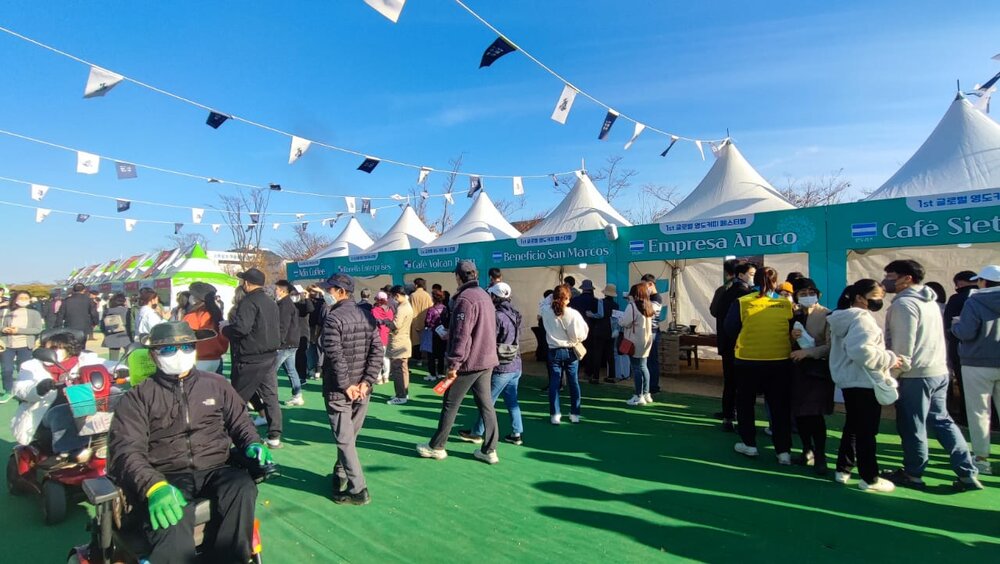Coffee Cooperation between CABEI and the Republic of Korea

Project details
- Beneficiary country(s): Regional
- Sector: Trade
- Year: 2022
- Beneficiary Executing Agency:
Busan Metropolitan Government and Yeongdo-gu Office
Project information
Background
- South Korea’s Free Trade Agreement with CA (K-CAFTA) went into full effect on March 1, 2021, and is expected to boost overall trade between the two regions. The FTA includes lower tariffs on CA-produced coffee, which is expected to further increase the import of coffee from the region and diversify ROK’s coffee industry.
- The south Korean market is an appealing destination due to its rising coffee per capita consumption and coffee taste preferences. South Korea is the seventh largest coffee importer in the world and the second largest coffee importer in Asia after Japan. With the growing imports, coffee has quickly become the most popular beverage among South Koreans, driving up the total coffee consumption and per capita consumption in the country. In 2018, the annual average amount of coffee consumed by adults over the age of 20 reached 353 cups of coffee, which is nearly one cup per day.
Objective
Support the participation of Central American coffee exporters in Yeongdo Coffee Festival to be held in Busan, Republic of Korea (ROK), during November 4-6, 2022. The festival shall provide unique opportunities to promote specialty coffee produced in Central America (CA) and to develop business relations between CA coffee exporters and ROK coffee importers, associations, and cooperatives through various events, such as booth marketing and coffee school.
Expected Results
Support eleven coffee producers to participate in the first Global Yeong-do Festival in Busan, Republic of Korea. The participation of CA coffee exporters and other key stakeholders will create opportunities to promote to promote specialty coffee of Central American origin and strengthen the commercial relationship between the sector of importers and exporters of CA and Korea. Likewise, it is expected a showcase and use of AI technology to demonstrate the analysis results of CA specialty coffee samples, along with the introduction of the concept of “data coffee”, which shall provide the following results: green bean taste potential data (i.e., acidity, sweetness, bitterness, aroma, and body); chemical component data; and roasting guide manuals.